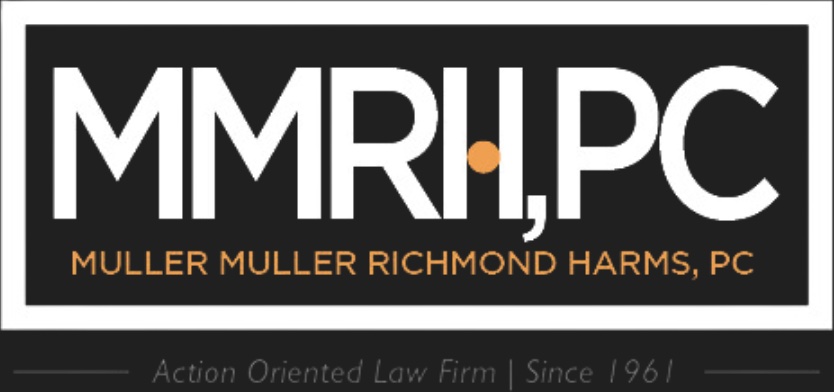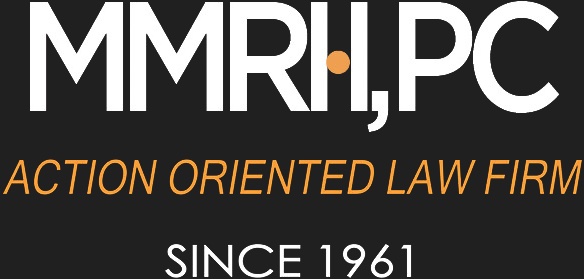Tricks of the Trade: Handling Your Collection Call like a Pro

What’s the best way to get ahold of a debtor?
What’s appropriate to say to a debtor when trying to collect?
Although many technologies exist for instant communication, the telephone is still one of the best. A phone call gives you direct and instant communication with no gaps in time. If you reach the desired person on the other end, they can’t complain about missing messages or e-mails.
Used properly, the telephone can get you paid in many instances where other forms of communication may not. It’s not just a matter of timing. The manner in which you represent yourself and your company can make a big difference in whether your collection call succeeds or fails.
The following tricks of the trade can greatly enhance the collection phone call, making it more productive in less time than you thought.
Perfecting Your Telephone Voice
Develop a “telephone voice” that is a bit slower, lower, and louder than your normal voice. This isn’t to be exaggerated. Your telephone voice helps you pace the conversation while allowing your debtor to clearly hear every word you say.
Pressing the Receptionist for Details on Business Debtors
Don’t forget that receptionists are trained to be courteous and polite and provide information to their customers. Although you don’t want to state the purpose of your call to the receptionist, before you request to be connected to a specific person, use the receptionist’s helpfulness to confirmation information from the debtor’s credit application. Have the receptionist verify the phone number, address, and company name (or listen carefully to the name when the receptionist answers the phone), and subtly confirm who the owners are to make sure there haven’t been any significant changes.
Getting the Correct Person on the Line
The person who answers the phone may not be the person you want to speak with. Use your credit application or other information from your credit file to ask for a specific person who you know has the authority to pay you. When you’ve reached the point of making collection calls, you only want to speak with a person you know to have the actual authority to write a check and put it in the mail right now. After the right person is on the phone, give your name and the name of your business and make a specific request for money.
Making Proper Comments and Avoiding the Improper
When you’re trying to collect money, positive comments and professionalism can go a long way. Particularly for consumer debts, you need to be careful about legal restrictions on when and how you make contact. For example:
- Don’t say you’re going to sue the debtor if you don’t actually intend to file a lawsuit if you don’t receive payment.
- Don’t talk to third parties about the debtor’s account.
- Don’t threaten or harass a debtor.
- Don’t try to collect debts directly from a debtor who has just filed bankruptcy (see last month’s article).
- Don’t threaten debtors with criminal charges if they don’t pay the debt.
- Don’t contact debtors directly if you know they’re represented by a lawyer in relation to the debt you’re collecting.
The FDCPA and other consumer laws limit the times of day for collections calls, limit the number of times a call may be placed, restrict the people who can be contacted about a debt, restrict what you can do if you’re asked not to call again, and the list goes on. Mistakes can get you sued.
Learn More from a Trusted Michigan Debt Collection Expert
Have questions about Michigan debt collection, or ready to file a claim? Reach out to the Mullers at (248) 645-2440 or submit a contact form here. If you need a second opinion, check out reviews from our clients!


